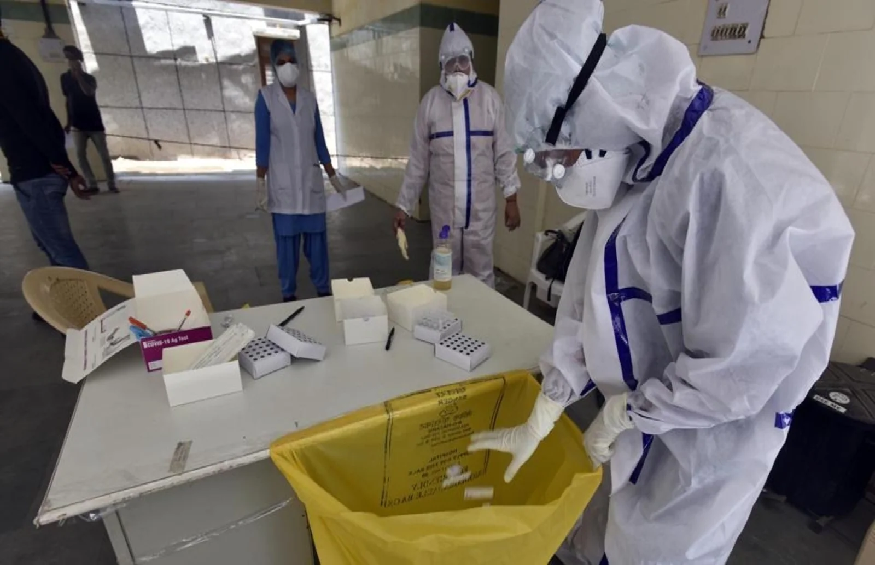The peculiarities of blood disposal

Blood is one of the most common types of medical waste. It is accumulated every day in health facilities of various profiles:
- clinics;
- hospitals;
- dispensaries;
- blood transfusion stations;
- ambulance stations;
- research institutes and educational institutions of a medical profile;
- veterinary clinics;
- pharmaceutical industries;
- preventive organizations (sanatoriums, dispensaries, rest homes, boarding houses);
- institutions of forensic medical examination;
- medical laboratories;
- private offices and health care clinics.
Why is blood disposal necessary?
Disposal of blood is a mandatory measure that is carried out by disposal services like medical waste disposal services scottsdale arizona in order to protect the environment and human health from infection with pathogenic bacteria.According to sanitary norms, all blood as well as its residues and components must be disinfected using physical or chemical methods before disposal. The disinfected blood must be placed in non-puncture sealed containers and after that, the biomaterial is transported to the place of disposal. Transportation of blood for disposal, like other medical waste, should be carried out by specialized companies providing medical waste disposal services Scottsdale arizona.
What kind of blood is to be disposed of?
Donor blood. It is necessary to dispose of blood and / or its components that have not passed the necessary checks, as well as in cases where the biomaterial has expired. The remains of blood and its plasma after transfusion should also be disposed of.
Capillary and venous blood. After testing in laboratories, healthcare facilities and other health facilities the biomaterial must be also disposed of.
Any fabric with traces of blood and cotton balls contaminated with blood are subject to urgent disposal.
When capillary and venous blood is to be disposed of:
- Blood test has been completed
- Biological material that has lost its properties and the process of decomposition begins, as a result of which putrefactive bacteria are formed.
- the conditions of storage, maintenance, transportation were violated.
- viral markers (AIDS, hepatitis) were identified.
- blood spills occured.
Venous and capillary blood belongs to the hazardous waste, which is stored in hermetically sealed containers. Specialized medical waste disposal services Scottsdale Arizona carry out the disinfection, place disinfected blood in appropriately labeled bags and then dispose of it. Preliminary disinfection consists in filling the biomaterial with chlorine-based substances. It is important to adhere to the correct concentration, otherwise there is a risk that pathogenic bacteria will not be completely destroyed.
Preparation of venous and capillary blood for disposal is carried out by trained medical workers in a specially equipped room. The employee of medical waste disposal services Scottsdale Arizona involved in the preparation of biological fluids for disposal must wear rubber gloves and a protective mask.
the following data must be indicated on containers in which biological fluids are transported for further disposal: type of waste, date of disposal, information about the health facility. The containers in which medical waste disposal services Scottsdale Arizona carry out disinfection are also subject to thorough disinfection.
Cleaning up blood spills
If blood is spilled on the table or on the floor, it is necessary to immediately wipe it and treat the surface with a disinfectant solution. The spill site is then treated with a disinfectant. All products involved in the cleaning process are immersed in a disinfectant solution for several hours. Premises where blood sampling is carried out or biological material is stored are subject to daily cleaning using disinfectants.






